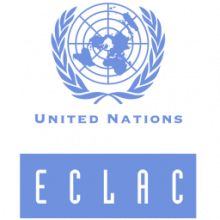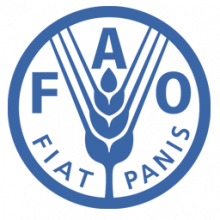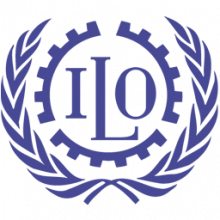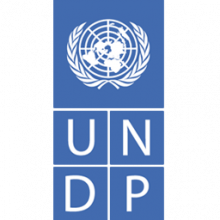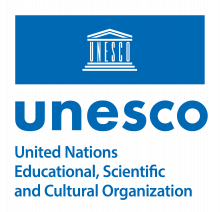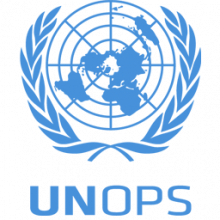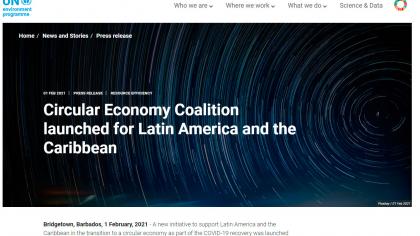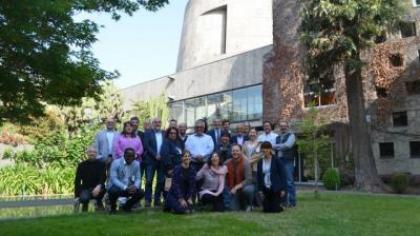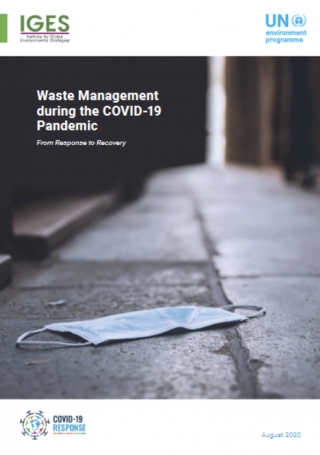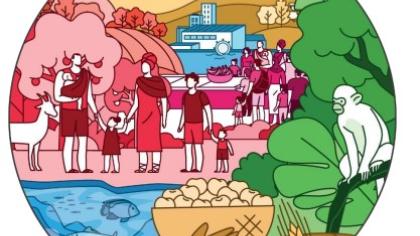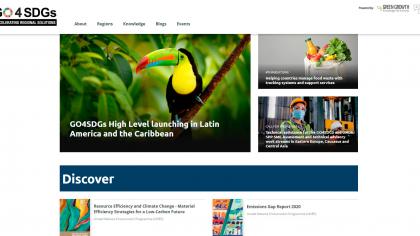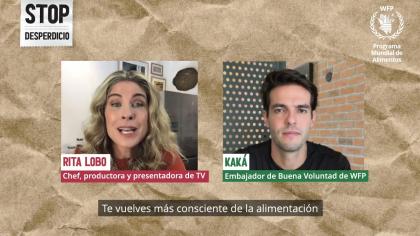
Goal 12: Ensure sustainable consumption and production patterns
Description
Goal 12 is about ensuring sustainable consumption and production patterns, which is key to sustain the livelihoods of current and future generations.
Our planet is running out of resources, but populations are continuing to grow. If the global population reaches 9.8 billion by 2050, the equivalent of almost three planets will be required to provide the natural resources needed to sustain current lifestyles.
We need to change our consumption habits, and shifting our energy supplies to more sustainable ones are one of the main changes we must make if we are going to reduce our consumption levels. However, global crises triggered a resurgence in fossil fuel subsidies, nearly doubling from 2020 to 2021.
Agencies, Funds and Programmes
Regional indicators
Activities
-
-
Activity
-
News
Publications
Information Tools
-
Resource TypeInfographics
-
-
